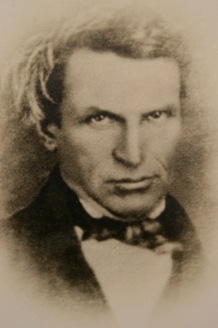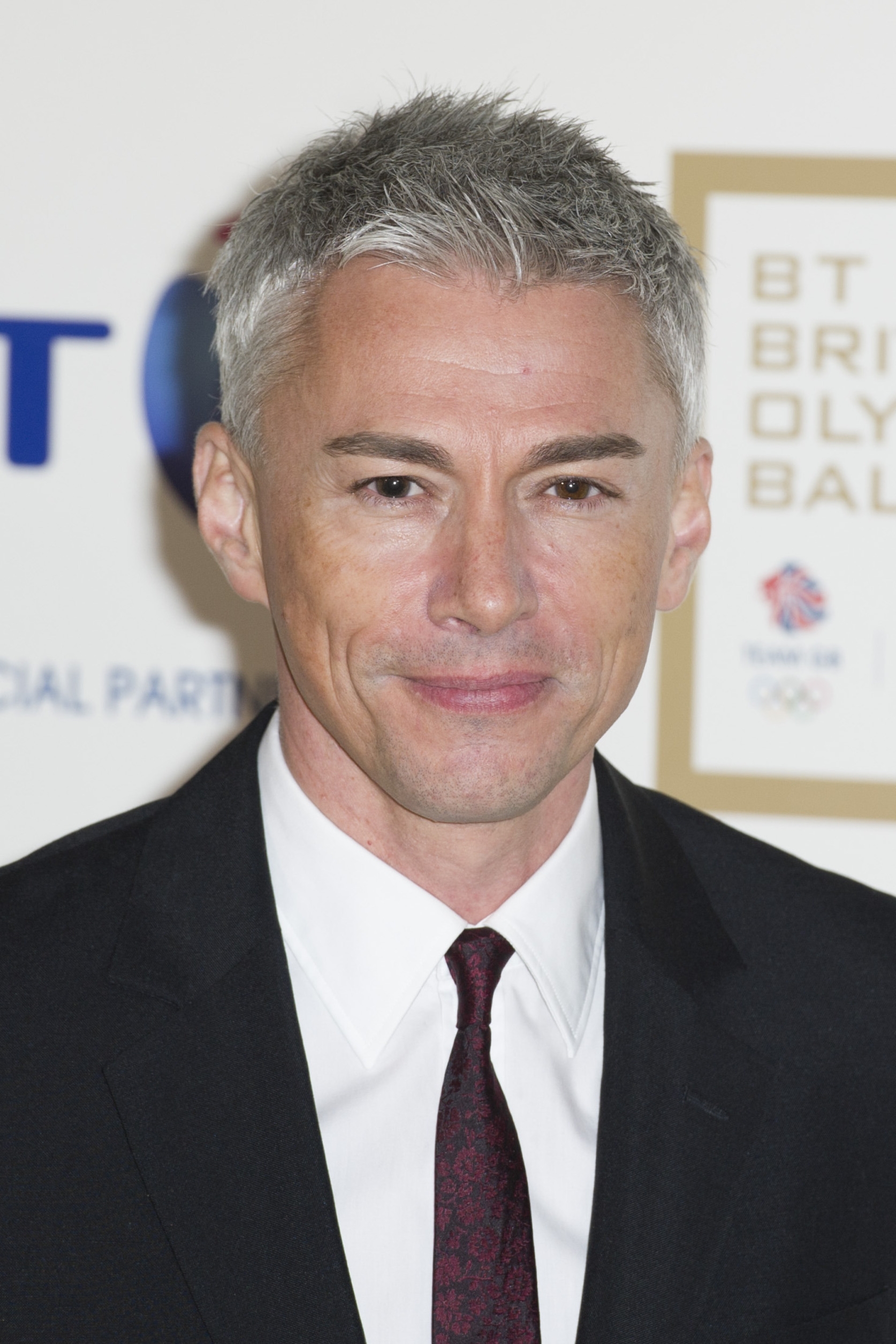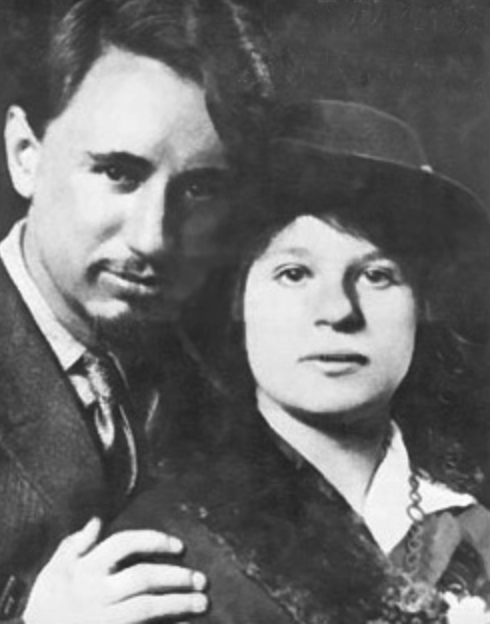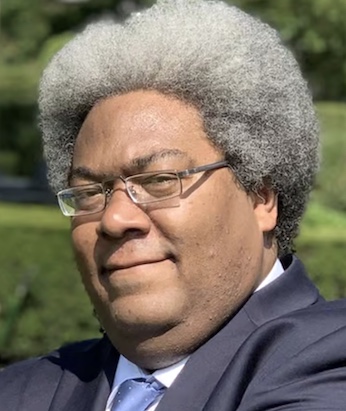May 10
Charles Knowlton

On this date in 1800, Charles Knowlton was born in Templeton, Mass., to Stephen and Comfort (White) Knowlton. He earned his M.D. from Dartmouth College in 1824. As a student, Knowlton was jailed for two months for exhuming and dissecting a corpse for anatomical studies. Freethinkers like Knowlton pioneered the movement to prevent unwanted pregnancies and he was one of the earliest reformers.
His Fruits of Philosophy; or, the Private Companion of Young Married People (1832) tackled the subject of birth control before that term existed. Knowlton dispassionately made the case for preventing conception and promoted a syringe-administered douche. The first edition was anonymous. The book was published in nine U.S. editions and was reprinted by subscription by a group of doctors at Harvard Medical School in 1877. Knowlton was prosecuted and sentenced to three months’ hard labor when it became known he was the author.
Upon release he went to a freethought society in Boston run by Abner Kneeland, where he delivered “Two Remarkable Lectures” referring to superstition as the “moral monster.” He was unsuccessfully prosecuted in Greenfield, Mass., at the instigation of a minister. British atheists Charles Bradlaugh and Annie Besant republished Fruits of Philosopy in 1877 to challenge the Obscene Publications Act. They were prosecuted and tried, narrowly avoiding jail. Besant rewrote the dated text into Law of Population in 1879, which became a best-seller and helped hasten the birth control movement worldwide.
Knowlton was a delegate to the convention of the Infidels of the United States in New York City in 1845. He died in 1850.
“But if you are a lover of truth (as all profess to be), and have been interested in perusing this work because you believed I was doing something to further the cause of it, you will be pleased, I think, to know a little more about me and how I came to be such an infidel as I am.”
— Knowlton, "Elements of Modern Materialism" (1829)
Jonathan Edwards

On this date in 1966, Jonathan Edwards was born in London. Edwards became a born-again Christian as a teen. He decided to pursue a career as a track and field triple-jumper starting in 1987 and competed until retiring after the 2003 IAAF World Championships.
He is the most successful medal-winning athlete in British history, having won the gold in the Olympics at Sydney in 2000, at the Commonwealth Games in 2002 at Manchester and the World Championships in 2001 at Edmonton, among many awards. Since 1995 he has held the world record in men’s triple jump, with the record at 18.29 meters as of August 2019.
During his athletic career, Edwards was very public about his Christian faith. In 1991 he even refused to compete in the World Championships because the triple jump meet was held on a Sunday. After retiring from competition, Edwards worked as a presenter for a BBC television program on faith, “Songs of Praise,” during which time he lost his faith, as he announced publicly in 2007.
Since leaving his religion behind, Edwards has offered some insight into the psychology of athletes’ prayers for success, telling The Times of London, “I was always dismissive of sports psychology when I was competing, but I now realize that my belief in God was sports psychology in all but name.” (June 27, 2007)
Edwards has also stated that he held onto his faith so long as an athlete because until then he never felt the need to question his preconceived notions. Edwards and his wife Allison as of this writing have two sons, Nathan and Sam, and live in Derbyshire.
"If there is no God, does that mean that life has no purpose? Does it mean that personal existence ends at death? They are thoughts that do my head in. One thing that I can say, however, is that even if I am unable to discover some fundamental purpose to life, this will not give me a reason to return to Christianity. Just because something is unpalatable does not mean that it is not true."
— Edwards, The Times of London (June 27, 2007)
Ariel Durant

On this date in 1898, Ariel Durant (neé Chaya Kaufman) was born in Proskuriv (now Khmelnytskyi), Ukraine. However, May 10 may not be her actual birthday. While immigrating to America, Durant and her four sisters were all registered as being born on May 10. She moved to New York in 1901 along with her large family to meet her father, who was already living in the U.S. and working as a newspaper vendor.
She began attending the Ferrer School in New York when she was 13, where she met teacher Will Durant. They were married in 1913 when Durant was 15 and he was 28. She later changed her name from Ida to Ariel, a nickname her husband called her because she reminded him of Shakespeare’s sprite in “The Tempest.”
The Durants co-wrote the extensive 11-volume The Story of Civilization (1927–75), a collection of influential books that document Western history. The popular books won two prizes: a Pulitzer in 1968 for Rosseau and Revolution (1967) and the Huntington Hartford Foundation Award for Literature for The Age of Louis XIV (1963). In 1965 Durant was named Woman of the Year by the Los Angeles Times. Durant had one daughter, Ethel, and an adopted son named Louis, who was her sister Flora’s child.
Durant was raised in a Jewish family but she and her siblings gradually lost their faith. Her uncle Maurice was not religious and his views influenced Ariel. In the Durants’ A Dual Autobiography (1977), she wrote, “We never deserted our faith for any other, but we lost most of it as we rubbed against a harsh and increasingly secular world. … [M]y Uncle Maurice helped to free me from such nonsense, and awoke in me a desire to read books and enter the world of thought.”
She died two weeks before her husband in 1981. They are buried in Los Angeles.
"Does history support a belief in God? If by God we mean not the creative vitality of nature but a supreme being intelligent and benevolent, the answer must be a reluctant negative."
— Will and Ariel Durant, "The Lessons of History" (1968)
Elie Mystal

On this date in 1978, Elie Mystal Jr. was born to Elizabeth and Elie Mystal Sr. His father was a Haitian immigrant who became the first African-American elected to the legislature in Suffolk County, N.Y.
Mystal Jr. moved to Indiana for his final year of high school after his parents’ separation in the 1990s. He earned a bachelor’s in political science and government from Harvard University in 2000 and a Harvard law degree in 2003. He started writing about politics and popular culture for City Hall News and the New York Press, the latter an alternative weekly published from 1988 to 2011.
After working as an associate for the New York-based international firm of Debevoise and Plimpton, Mystal quit practicing law in 2008 to become an editor and writer/blogger for the website Above the Law, where he wrote on topics related to politics, culture and the law. Above the Law once described him as an “online provocateur.”
Since 2018 he has been a correspondent for The Nation and his columns have also been published in the New York Daily News, New York Times and other outlets. He’s been a commentator on politically divergent forums such as MSNBC and Fox News.
Mystal met his future wife, Christine Nyereyegona, at Harvard. They married in 2004, the year she earned her law degree, and have two children.
In 2022 he published “Allow Me to Retort: A Black Guy’s Guide to the Constitution.” He commented later, “We act like this thing was etched in stone by the finger of God, when actually it was hotly contested and debated, scrawled out over a couple of weeks in the summer in Philadelphia in 1787, with a bunch of rich, white politicians making deals with each other.” (Salon, March 23, 2022)
He has been a guest on FFRF’s radio and TV talk shows and was the 2023 recipient of FFRF’s Clarence Darrow Award. Accepting the award, he said America is “devolving into a brutal theocracy … being led by the Supreme Court, which acts more like an unelected clergy than an impartial panel of judges.”
“The Supreme Court uses the Free Exercise Clause as a sword. They use it to force others who do not agree with the precepts of fundamentalist Christianity to live and work under its yoke, one bigoted baker at a time.”
— Mystal, speaking at FFRF's national convention in Madison, Wis. (Oct. 14, 2024)
